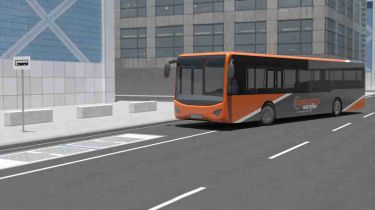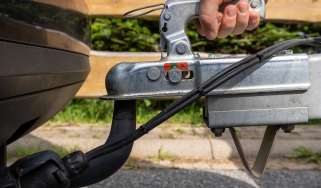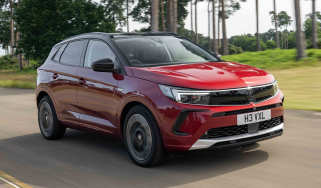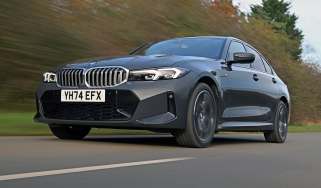Are electric buses viable?
A trial scheme aims to find out. And the firms behind it believe wireless charging is the key

A fleet of electric buses will take over the number seven route in Milton Keynes from summer 2013, as part of a five-year trial of the technology.
It will be the first time in the UK that a major bus route is serviced exclusively by electric vehicles. Electric bus trials are already taking place in a number of locations – such as Coventry, Dorchester and Durham – but are only used part-time on short, light duty routes because of their limited range and the time it takes to recharge batteries.
But the new scheme will use wireless charging technology to enable eight electric buses to take on all the duties of the seven diesel buses, which currently operate the service between Wolverton and Bletchley.
Each vehicle will be equipped with enormous 130kw/h batteries – giving them a 100-mile range and a capacity equivalent to around six Nissan Leafs.
The buses will receive regular top-up charges throughout the day from the three wireless charging points installed along the routes.
Charge pads on the underside of each bus will sync wirelessly with pads installed under the road, in a process known as induction charging. Drivers will park over the pads for their 10-minute break, replenishing two thirds of the electricity used to cover the 12.5-mile route without interrupting the timetable.
The consortium of companies behind the scheme – which include bus manufacturer Wrightbus, wireless charging firm Arup, bus operator Arriva and Milton Keynes Council – believe that the switch from diesel to electric will cut tailpipe emissions by around 500 tonnes every year.
Running costs will also be slashed, as annual fuel costs for a diesel bus are around £23,000 per year compared to an estimated £10,000 for an electric one. And maintenance costs will be lower, too.


